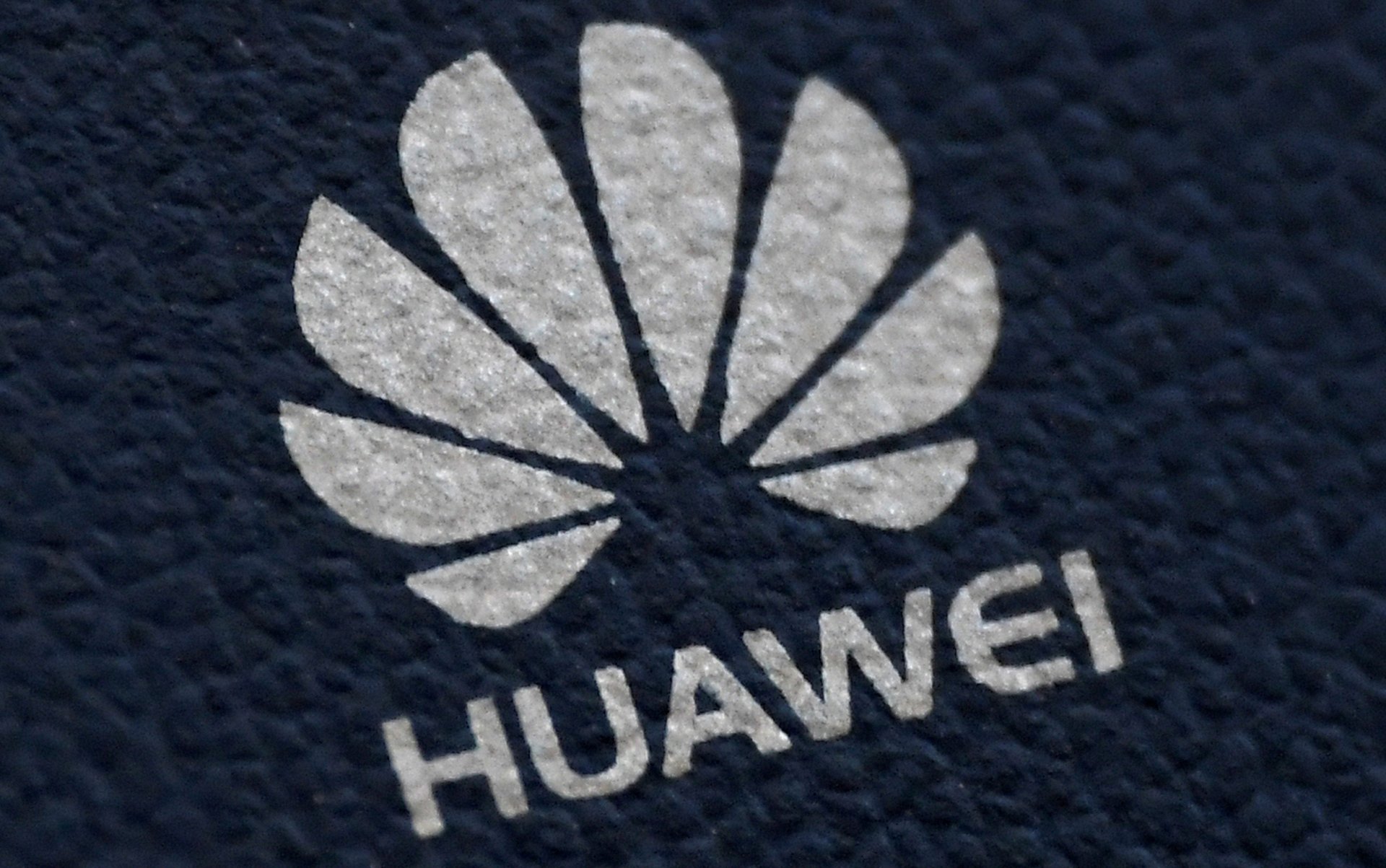An obscure piece of legislation could sink Huawei’s UK ambitions on human rights grounds
Last week, members of Britain’s House of Lords debated adding an amendment to a little-known bill regulating the installation of broadband in leasehold apartments. The amendment, introduced by independent peer David Alton in the upper house of Parliament, sought to add language to the bill stating that only telecom operators with clean human rights records could install high-speed internet connections in these apartments—but it had a specific provider in mind.


Last week, members of Britain’s House of Lords debated adding an amendment to a little-known bill regulating the installation of broadband in leasehold apartments. The amendment, introduced by independent peer David Alton in the upper house of Parliament, sought to add language to the bill stating that only telecom operators with clean human rights records could install high-speed internet connections in these apartments—but it had a specific provider in mind.
“You could call it the Huawei amendment,” Alton told Quartz, “because effectively that’s what this is.”
As the UK reconsiders its relationship with China, the government is facing a coordinated campaign in Parliament to amend routine bills with anti-Huawei clauses. The move by a group of cross-party peers to push for a self-styled “human rights threshold” in the UK’s digital infrastructure is only the latest such efforts, and is slated to come to a head in the next two weeks as Downing Street decides whether this is a battle worth fighting.
Accusations against Huawei
As tensions between China and the UK escalate over Beijing’s handling of the coronavirus (Quartz membership exclusives) and the deteriorating situation in Hong Kong, the question of how to handle Huawei has become a flashpoint. The company is one of the world’s largest 5G providers, and it has long been a major part of the UK’s tech infrastructure. But US officials have targeted Huawei with sanctions and led a year-long campaign to convince Britain to exclude the company from its critical infrastructure.
US officials accuse Huawei of having ties to China’s Communist Party and military, charges the company denies, and say that having Huawei gear inside their 5G networks puts countries at risk of spying or sabotage. Meanwhile, the UK lawmakers accuse Huawei of enabling the mass surveillance of Uyghurs in the region of Xinjiang. A spokesperson for Huawei told Quartz the company “compl[ies] with all laws and regulations” in the 170 countries where it sells equipment to mobile and broadband operators.
That campaign to exclude Huawei hit a roadblock in the UK when prime minister Boris Johnson announced in January that Huawei would be allowed to supply Britain with some non-essential 5G equipment. The company was also given the green light to build a research center in Cambridge. But lawmakers have become more hawkish on China in the past few months, and major British newspapers report that Downing Street will imminently announce plans to phase Huawei out of the UK’s 5G network over the next few years, following the release of a review conducted by the National Cyber Security Centre.
Now some lawmakers have seized on the moment to build a case against Huawei that the government is finding difficult to quash. “After 40 years of battle on the floor of both our houses,” Alton said in his speech before the House of Lords, “I’m long enough in the tooth to recognize a change of heart when I see it.” Alton is also a patron of the advocacy group Hong Kong Watch.
Provoking a “big debate”
The amendment (pdf) “seeks to prevent companies from using UK telecommunications infrastructure to facilitate human rights abuse.” It suggests that operators seeking to provide broadband access to leasehold flats under the Telecoms Infrastructure (Leasehold Property) Bill (pdf) will be prevented from doing so if there are “grounds to suspect” that they intend to “use the telecommunications infrastructure, or any part of it, to breach human rights after 31 December 2023.”
In response, the government has had to commit to coming up with its own version of the amendment in the coming days. But the lawmakers involved say they expect to be disappointed. Alton told Quartz he would likely re-introduce his amendment for a vote in the House of Commons, where anti-Huawei lawmakers could try to broaden the language to ban “high-risk vendors” like Huawei outright. The Daily Telegraph reports that 60 Conservative MPs have threatened to add similar amendments to every bill passing through the House of Commons until Johnson commits to a Huawei-free 5G network before 2024.
When contacted for comment, the government pointed to the words of the minister who defended the broadband bill in the House of Lords. She argued that it is not the right forum in which to legislate on potential human rights violations, and that doing so risks jeopardizing access to high-speed internet connection (paywall) for millions of renters. Meanwhile, China’s ambassador to the UK Liu Xiaoming made clear that there would be “consequences” if the UK continued on its current path of relations with Beijing, and said “Huawei will survive.”
Some lawmakers disagree with the growing anti-Huawei movement in Parliament—though “it would be hard to find anyone in the Commons now prepared to argue the case for Huawei,” says James Sassoon, a Conservative peer and president of the China-Britain Business Council. “In the Lords there are a few more business people who might question the dramatic change of security advice in such a short time, and the potential knock on effect on the UK’s 5G rollout and on wider trade.”
As this human rights amendment shows, lawmakers can use any bill as an opportunity to attract the government’s attention to an issue, and right now, some are eager to do so in order to take down Huawei in the UK. “I think it’s high time that we had a really serious debate” about Huawei’s role, Alton said. “And this small amendment provoked a very big debate.”